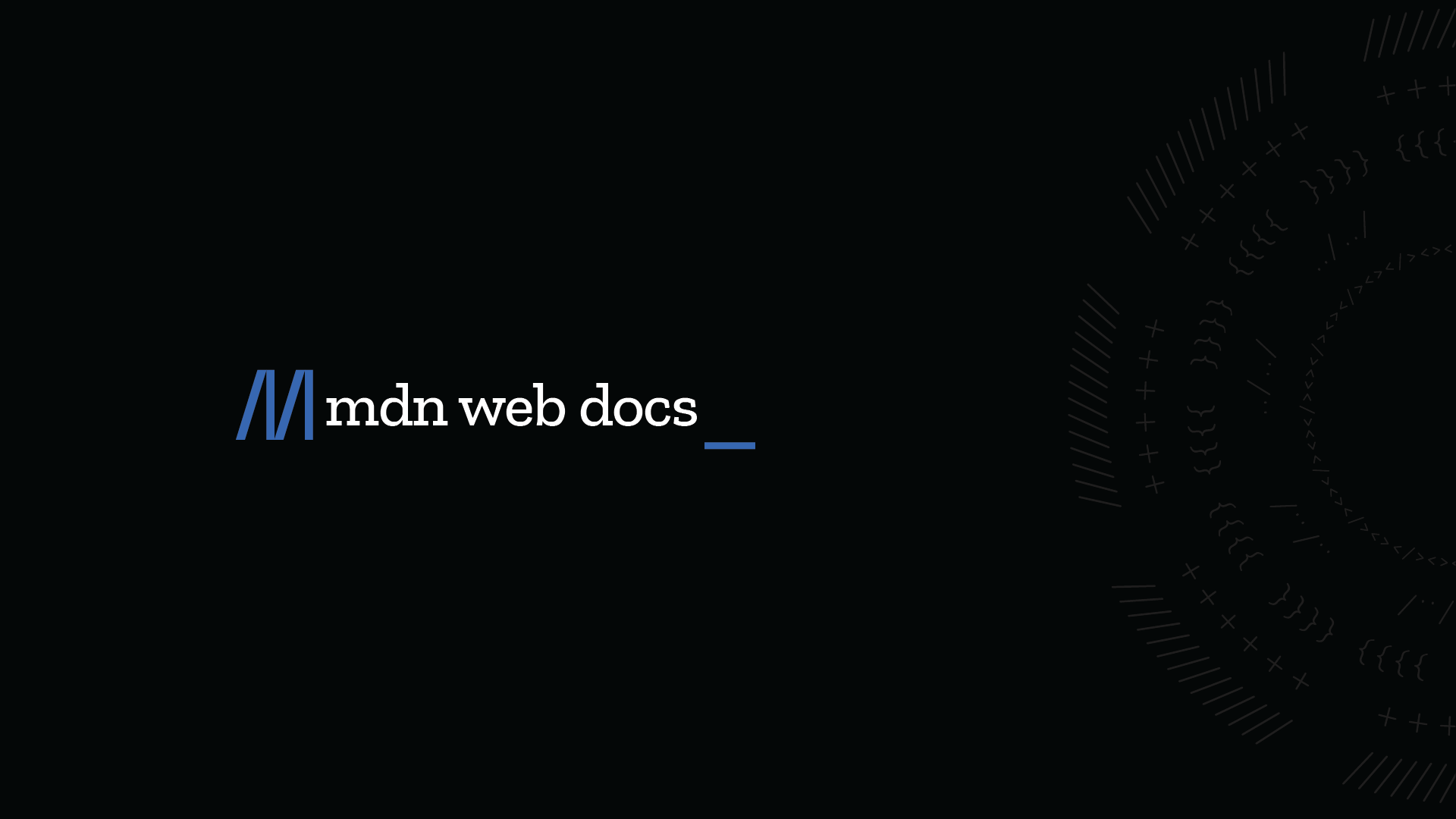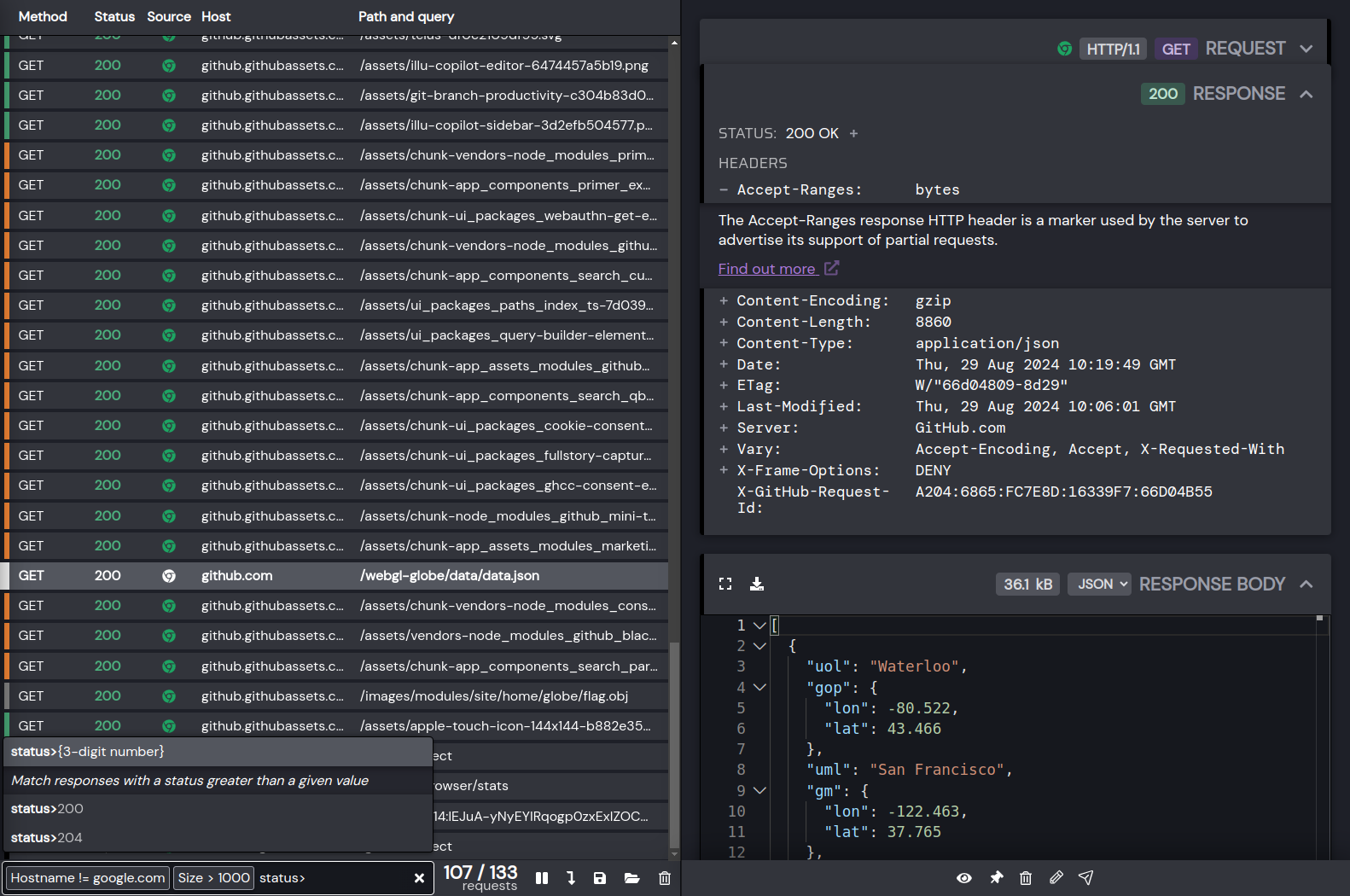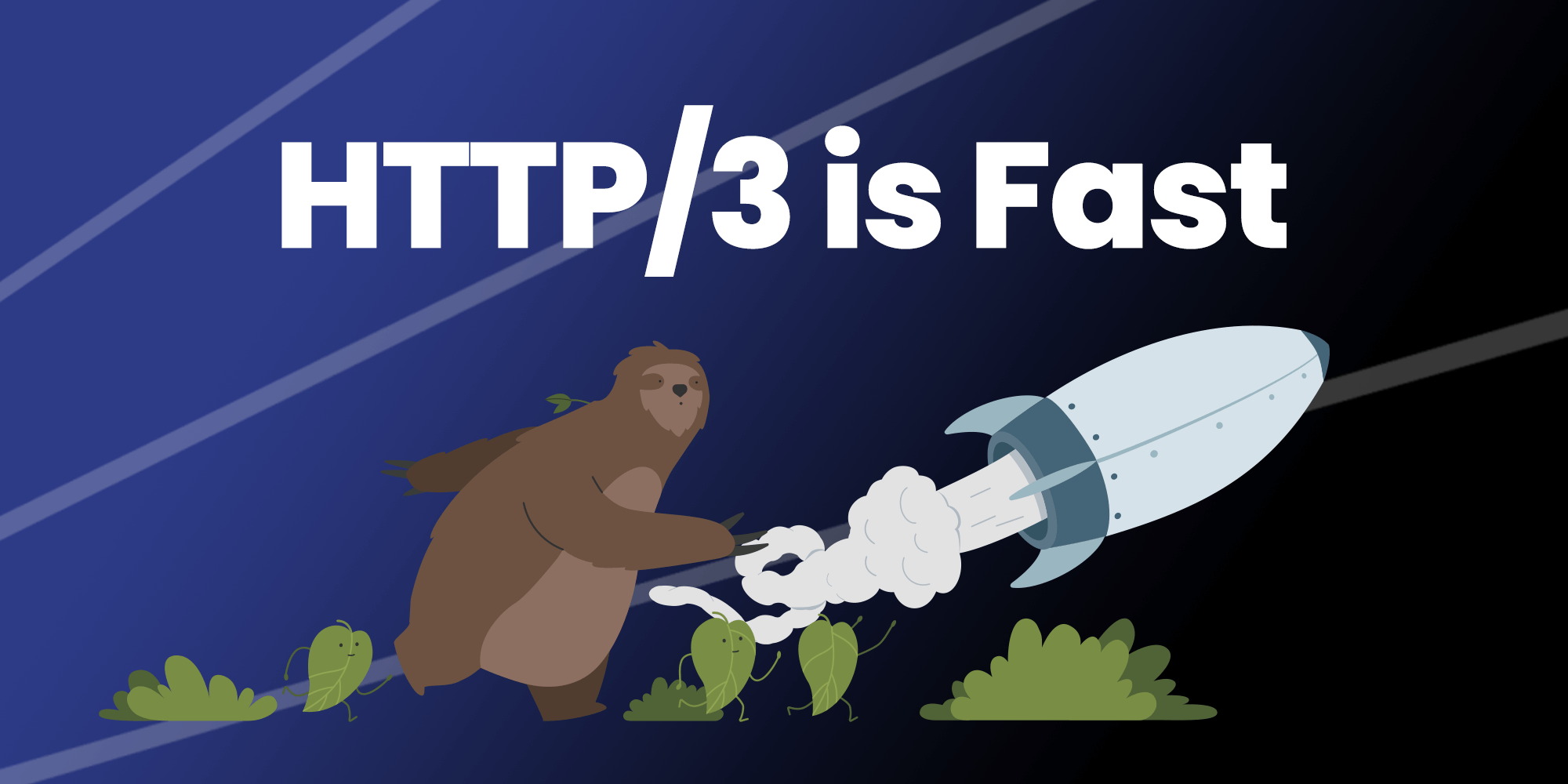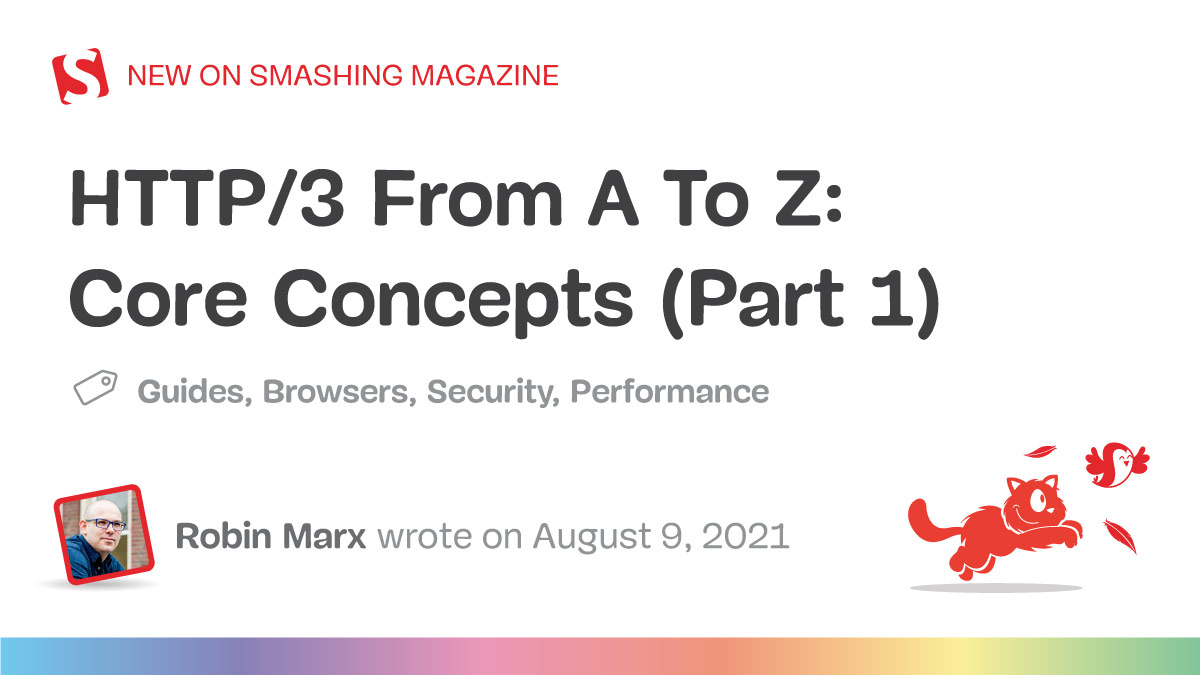
Learn what HTTP headers are, how they influence website performance and security and best practices for optimization.

Learn what HTTP headers are, how they influence website performance and security and best practices for optimization.

HTTP (Hypertext Transfer Protocol) is the foundation of data communication on the World Wide Web....

A cookie (also known as a web cookie or browser cookie) is a small piece of data a server sends to a user's web browser. The browser may store cookies, create new cookies, modify existing ones, and send them back to the same server with later requests. Cookies enable web applications to store limited amounts of data and remember state information; by default the HTTP protocol is stateless.

Do you know where your site traffic comes from? Which of your campaigns drives the most traffic? Let's investigate UTM parameters best practices.

HTTP does a pretty good job staying out of everyone's way. If you're reading this article, there's a solid chance it was delivered to you over HTTP. Even if you're reading this from an RSS reader o...

HTTP is a staple of the web, but that doesn't mean it doesn't have some secrets.

Discover gRPC's fresh, new approach to web communication.

This article will discuss the best HTTP clients in Ruby. Faraday, HTTParty, Rest-client...it can be hard to choose the best one.
Wondering what an HTTP status code means? Browse this list of HTTP status codes for definitions and code references.

Beautiful, cross-platform & open-source tools for debugging, testing and building with HTTP(S), on Windows, Linux & Mac.

HTTP/3 is here, and it’s a big deal for web performance. See just how much faster it makes websites!

A description of each security header, why it is important, and how to configure your website in a secure way.

Guide to using HTTP headers for a better web. Learn about HTTPS, HSTS, CSP, Cacheable, immutable resources, serving WebP images, Feature-Policy and more.

What exactly is HTTP/3? Why was it needed so soon after HTTP/2 (which was only finalized in 2015)? How can or should you use it? And especially, how does this improve web performance? Let’s find out.

You might be wondering what on earth I am talking about but this is something I see API developers getting confused about regularly.

It seems that every five years, news emerges that the digital sky is falling in. Back in 2010 and 2015, rumors spread that the internet would soon run out of IP addresses. Now, the regulator of Europe’s internet domains has predicted that t